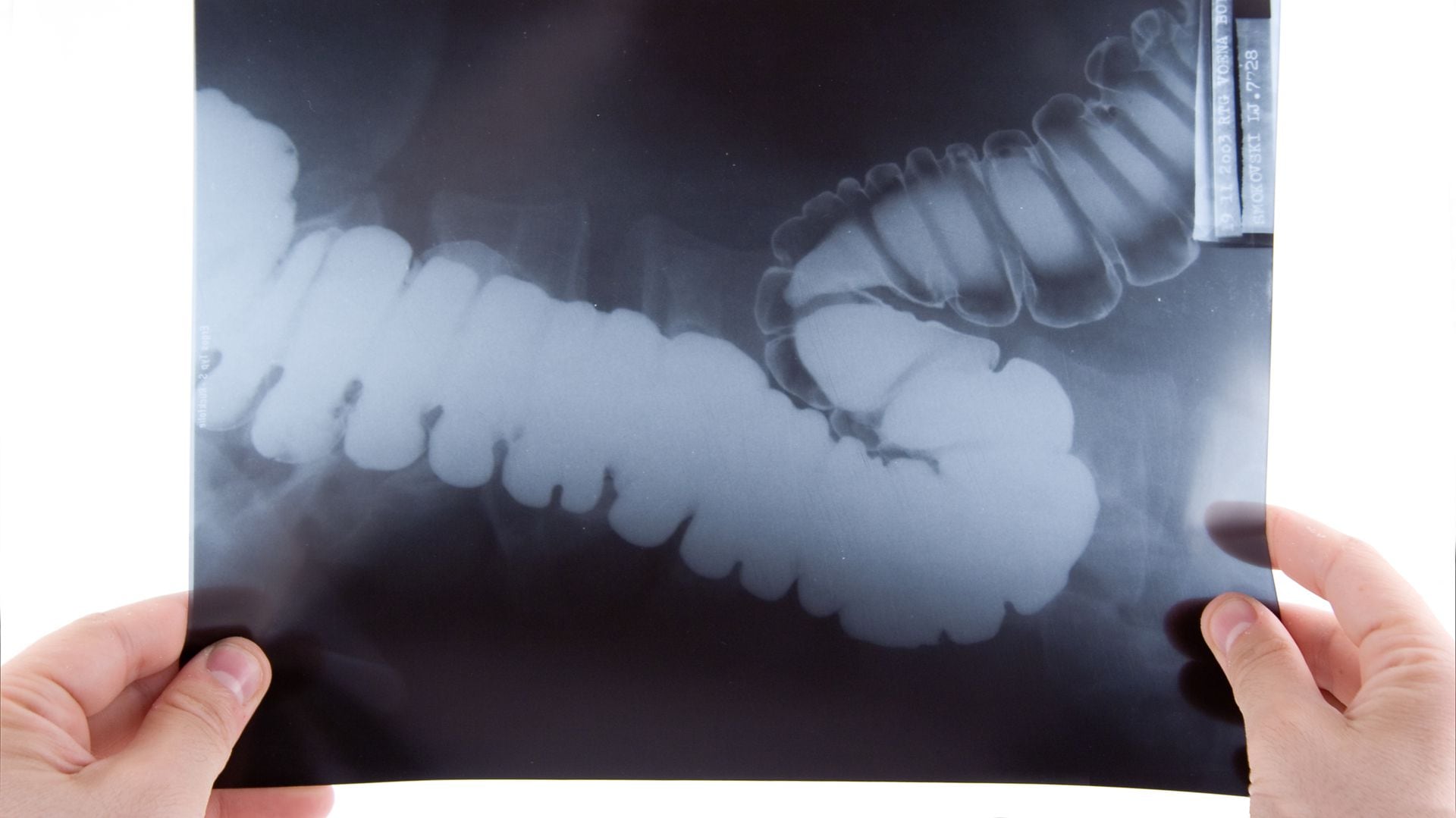A silent and progressive disease over many years can trigger incurable colon cancer, if it is detected late and there were no previous health checks or effective methods to prevent it.
Today, March 31, is the World Day for the Prevention of Colorectal Cancer, an occasion to reflect on the second most common type of tumor in our country, with nearly 15,900 new cases per year, according to information from the National Cancer Institute.
Experts in this field say that today, fortunately, with simple methods to diagnose it in time, a situation that would mean that 9 out of 10 patients can be cured. However, many Argentines are late for diagnosis, so the specialists of the Dr. Carlos Bonorino Udaondo Gastroenterology Hospital emphasize the importance of raising awareness about this disease and attending the consultation with the specialist.

“From the age of 50, or earlier if there is a history of colon cancer, it is advisable to visit the gastroenterologist to assess the state of health and decide which studies are appropriate to prevent or detect any disease in time. Colonoscopy, for example, is an examination that is performed with sedation, without pain or discomfort, and that saves the lives of many Argentines every year,” said Dr. Ubaldo Gualdrini, Doctor Specialist in Surgery, Coloproctology and Gastroenterology and Member of the Coloproctology Service of the Hospital of Gastroenterology 'Dr. Carlos. B. Udaondo'.
In 2019, 7539 people died in our country from colon cancer, which implies about 20 Argentines a day, on average. On the other hand, according to the National Survey on Risk Factors for Noncommunicable Diseases conducted in 2019 by the Ministry of Health of the Nation, only 31.6% of people between 50 and 75 years old claimed to have ever been tested for colon cancer. In addition, in recent years, due to the decline in medical consultations due to the pandemic, many patients have postponed their medical check-ups, including consultation with the gastroenterologist.
“There is a precursor lesion of colon cancer called an 'adenomatous polyp', or adenoma, which, if detected and removed by colonoscopy, can prevent the disease. This implies that thanks to this study we can avoid colon and rectal cancer, with the emotional and physical health benefit that this implies: we avoid going through diagnosis and treatment. For those cases in which the already malignant polyp (cancer) is detected, early detection can prevent more invasive treatments with cure rates of around 90%, whereas if it is detected late; although the scenario is much more complex, fortunately today we have therapeutic alternatives that allow to improve the quality of life and prognosis of the disease”, explained Dr. Karina Collia, Proctologist Surgeon and Member of the Coloproctology Service of the Gastroenterology Hospital 'Dr. Carlos B. Udaondo.

The fecal occult blood test and colonoscopy are the two most used studies to prevent or detect this type of cancer early. The first is performed by each patient at home with simple medical equipment and colonoscopy is performed in specialized centers with mild sedation under anesthesia, to examine the inside of the colon and rectum with a camera with a flexible tube. This is a routine examination, carried out by experienced professionals and with advanced equipment that allows the removal of a polyp at that very moment. Although colonoscopy may still generate reluctance among some patients, it is a painless and life-saving procedure.
These are two studies that differ in sensitivity, specificity and safety. They are used according to availability, accessibility and medical recommendation, analyzing each case in particular. If an occult blood test is positive, the next step is to perform a colonoscopy to identify the cause of the bleeding.
“Risk factors that may increase your chances of developing colon cancer include being older than 50, having a family history of polyps or colorectal cancer, having inflammatory bowel disease, or having an unhealthy diet and lifestyle, such as excessive intake of red meat and fat, excess alcohol, smoking, overweight, sedentary lifestyle and lack of physical activity,” said Dr. Gualdrini, who is also the former President of the Argentine Society of Gastroenterology (SAGE).

Colon cancer usually does not show symptoms until an advanced stage, so preventive consultation is essential for health. However, in situations such as changes in bowel movements, bleeding in the stool, recurrent abdominal or rectal pain, anemia or sudden weight loss, it is important to immediately consult a specialist.
“To reduce the risk of developing this and many other diseases, it is advisable to eat a healthy diet with fruit and vegetable intake, maintain an adequate weight, avoid smoking and excess alcohol, engage in physical activity and go to the specialist regularly,” Collia explained .
Therapeutic alternatives for colon cancer include surgery, which removes the tumor and lymph nodes, and chemotherapy, which can be used in conjunction with surgery or as a single treatment, on a case-by-case basis. In the case of cancer located in the rectum, the option of chemotherapy associated with radiation therapy prior to surgery leads to better results. On the other hand, targeted therapies have been developed in recent years with very encouraging results for the most advanced stages.
Inflatable colon at Udaondo Hospital
On Monday, April 4, a giant inflatable colon will be exhibited at Udaondo Hospital between 8 am and 12 pm; the activity corresponds to an initiative of the hospital with the collaboration of Merck. It has representations of the different stages of polyps and colon cancer and presents relevant prevention and treatment information. In addition, there will be a talk open to the community at the hospital that same Monday 4 at 9 am and another at 11 am.
KEEP READING:
Últimas Noticias
Debanhi Escobar: they secured the motel where she was found lifeless in a cistern

The oldest person in the world died at the age of 119

Macabre find in CDMX: they left a body bagged and tied in a taxi
The eagles of America will face Manchester City in a duel of legends. Here are the details

Why is it good to bring dogs out to know the world when they are puppies




